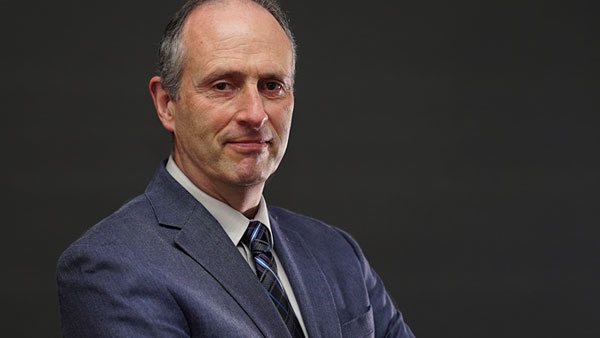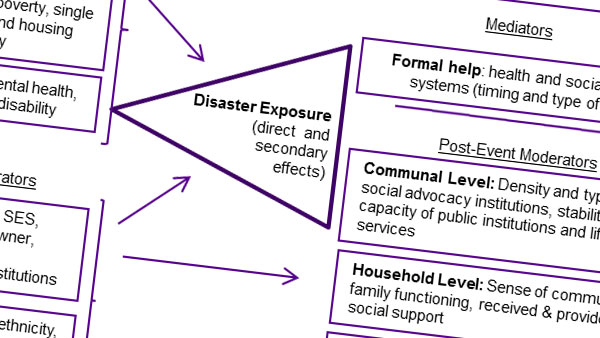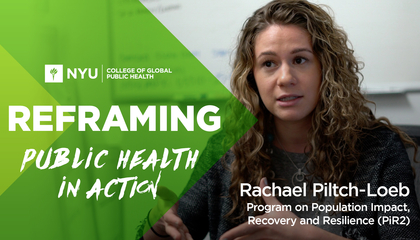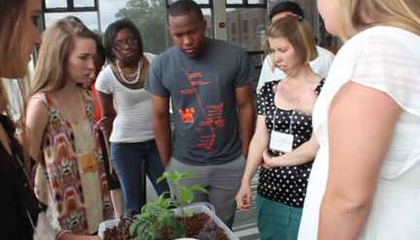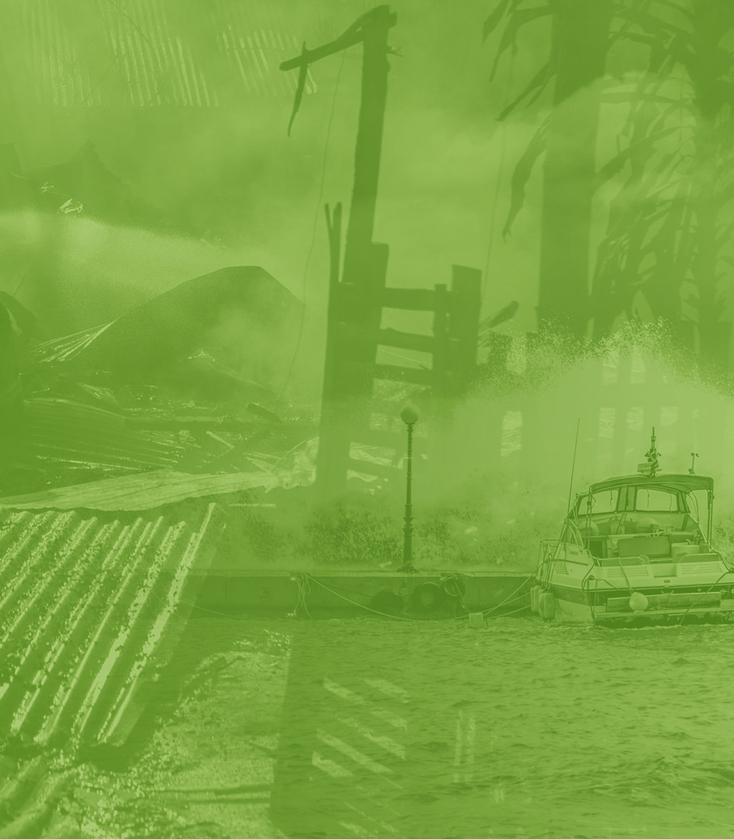
Population
Impact Recovery and ResilienceSocial Science + Public Health Theory
The Program on Population Impact, Recovery, and Resilience (PiR2) applies social science and public health theory and methods to improving the health and well-being of communities and populations affected by disasters.
About Pir2
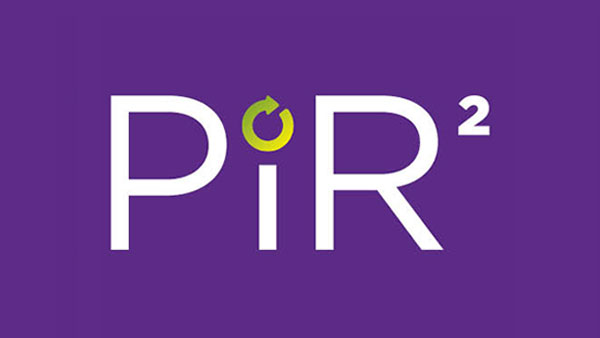
PiR2 lab is an academic center devoted to studying and improving the health and well-being of populations affected by, or at-risk of, complex hazards and disasters. Mathematically, PiR2 is an equation describing the area of a circle. Its elegance is that it works for any size circle, large or small. This epitomizes our goal: to measure recovery and resilience within any size community, and to account for the multiple social, economic, and cultural systems that influence the health and well-being of the populations living within it.
Lead by Dr. David Abramson, founding director of the Program on Population Impact, Recovery and Resilience, the PiR2 team is comprised of NYU faculty and students as well as a large network of affiliated faculty drawn from multiple disciplines and settings.
The research group has developed a social-ecological conceptual framework that it has applied to various disaster cases. These include Hurricane Katrina and the Deepwater Horizon oil spill in the Gulf Coast, Hurricane Sandy in New Jersey, and to risk perception and behaviors surrounding the Zika virus.
Faculty and Staff:
David Abramson, PhD MPH Clinical Associate Professor, PiR2 Director
Alexis Merdjanoff, PhD Clinical Assistant Professor, PiR2 Director of Research
Rachael Piltch-Loeb, MSPH GPH Doctoral Student, Assistant Research Scientist
Sarah Friedman, LMSW Assistant Research Scientist
Affiliated Faculty
Lauren Clay, PhD MPH D’Youville College
Assistant Professor of Health Services Administration, Affiliated Faculty at the Disaster Research Center
Andy Garrett, MD MPH, US Department of Health and Human Services
Assistant Secretary for Preparedness and Response, Senior Medical Advisor, Former Director of National Disaster Medical System
Laurie Johnson, PhD AICP Laurie Johnson Consulting
Author of “After Great Disasters: An In-depth Analysis of How Six Countries Managed Community Recovery” and “Clear as Mud: Planning for the Rebuilding of New Orleans”
Karine Kleinhaus, MD MPH Pluristem Therapeutics
Divisional Vice President, North America, Adjunct Associate Professor at New York University College of Global Public Health
Brian Mayer, PhD University of Arizona
Associate Professor in the School of Sociology, Affiliated Faculty of the Institute on the Environment and the Mel and Enid Zuckerman School of Public Health.
Yoon Soo Park, PhD University of Illinois – College of Medicine at Chicago
Professor of Medical Education, Affiliated Researcher at University of Chicago
Lori Peek, PhD MEd University of Colorado Boulder
Professor of Sociology, Director of the Natural Hazards Center, Institute of Behavioral Science
Disaster Research Works Staff
Amber Goff, MBA
Jyaphia Christos-Rodgers, MS
Current Students
Aditi Molly Bhanja
Amila Samarabandu
Yannai Segal
Previous Students
Esther Annan
Anna-Belle Buyse
Onome Eka
Emma Giegerich
Charissa Isidro
Nafesa Kanneh
Ayushi Mathur
Elyse Morris
Jenn Ohn
Mabel Segbafah
Hurricane Katrina
Gulf-Coast Child and Family Health Study (G-CAFH)
The Gulf Coast Child and Family Health (G-CAFH) study is a longitudinal cohort study of Katrina survivors. Six months following Hurricane Katrina, David Abramson, then at the National Center for Disaster Preparedness at Columbia University, partnered with the Children’s Health Fund to conduct a household survey of the health and well-being of 1,079 randomly sampled households in Louisiana and Mississippi. Four rounds of data were collected at Columbia University between 2006 - 2010.
Katrina@10: Demographic and Health Disparities in Recovery from Hurricane Katrina (K10)
Katrina@10 is an NIH-funded center grant which leverages three longitudinal cohorts, including the Gulf Coast Child and Family Health Study. Researchers at Tulane University, Harvard University, and New York University are presently exploring population recovery a decade after Hurricane Katrina.
Women and Their Children’s Health (WaTCH)
The Women and Their Children’s Health (WaTCH) study, funded by the National Institute of Environmental Health Sciences, examines the health effects of the Gulf Coast Oil Spill on families living along the Gulf Coast with a focus on identifying factors that increase resilience. Louisiana State University faculty Dr. Ed Peters and Ed Trapido are the principal investigators, and NYU faculty member David Abramson is the principal investigator of the children’s portion of the study.
Read the findings in The Resilience Activation Framework: a Conceptual Model of How Access to Social Resources Promotes Adaptation and Rapid Recovery in Post-disaster Settings
Hurricane Sandy
Sandy Child and Family Health Study (S-CAFH)
The New Jersey Department of Health supported a joint research team from PiR2, the Institute for Families at Rutgers University School of Social Work, the National Center for Disaster Preparedness at Columbia University’s Earth Institute, and Center for Disaster and Risk Analysis at Colorado State University to conduct the 1,000-household Sandy Child and Family Health Study, a representative population study of the hurricane’s effect on the population of New Jersey, one of the largest disaster recovery projects and assessments in the region.
Read Hurricane Sandy PLACE Report: Evacuation Decisions, Housing Issues and Sense of Community and the Hurricane Sandy PERSON Report: Disaster Exposure, Health Impacts, Economic Burden, and Social Well-Being.
Deep Water Horizon Oil Spill
Gulf Coast Population Impact Project (GCPI)
The Gulf Coast Population Impact Project was a 4-phase project that conducted two cross-sectional studies across three years. In 2010, led by the National Center for Disaster Preparedness at Columbia University’s Earth Institute in partnership with the Children’s Health Fund, 1,203 adult residents living in Louisiana and Mississippi within 10 miles of the coastline were interviewed by telephone through the Marist Poll. In 2012, 1,437 households were interviewed in- person across Florida, Louisiana, Mississippi and Texa with funding from the Baton Rouge Area Foundation. Read the findings in the Impact on Children and Families of the Deepwater Horizon Oil Spill and Children’s Health after the Oil Spill: A Four-State Study Findings from the Gulf Coast Population Impact (GCPI) Project
Zika
Zika Risk Salience and Evolving Risk Communication Challenges
Funded by the National Science Foundation, this research examines how various social, scientific, and policy cues influence the US public’s appreciation of the risk of the Zika virus over time, as well as the public’s receptivity to various clinical, environmental, and behavioral interventions. Read the Zika Briefing Report #1, US Public’s Perception of Zika Risk: Awareness, Knowledge, and Receptivity to Public Health Intervention and Risk salience of a novel virus: US population risk perception, knowledge, and receptivity to public health interventions regarding the Zika virus prior to local transmission.
The Zika Women’s Panel Study
The Zika Women’s Panel Study, funded by the Robert Wood Johnson Foundation, assesses intra-individual change in risk perception of the Zika virus among a panel of 200 women of child-bearing age as the science and the epidemiology evolve.
The Zika Provider Study
In collaboration with New York City’s Department of Health and Mental Hygiene, the PiR2 research team assessed perception of risk and recommendations on Zika among 1,409 New York City health care providers through an online, emailed survey.
Public Health Emergency Preparedness and Response - A Global Perspective (GU-9345)
Disasters, Complex Systems, and the Social Ecology of Health (GU-2260)
Email: pir2@gmail.com
David Abramson, PiR2 Director: david.abramson@nyu.edu
Alexis Merdjanoff, PiR2 Director of Research: alexis.merdjanoff@nyu.edu
